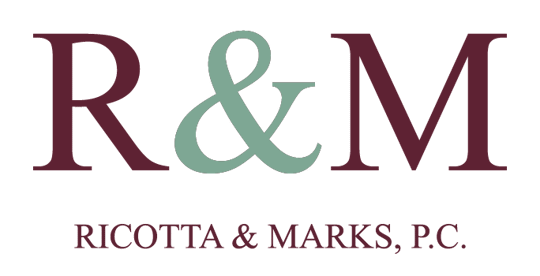According to the Equal Employment Opportunity Commission (EEOC), sexual harassment is defined as unwelcome sexual advances, appeals for sexual favors, as well as other physical or verbal conduct that is sexual in nature and directly or indirectly (1) affects a victim’s employment, (2) unreasonably interferes with performance at work, or (3) creates a work environment that is hostile, offensive or intimidating.
What Sexual Harassment Looks Like
Some of the examples of sexual harassment include, but are not limited to:
- asking sexual questions;
- inappropriate touching, patting, rubbing;
- brushing up against a person or standing too close;
- displaying in the workplace of inappropriate sexual images or posters;
- making sexual gestures;
- sharing sexual anecdotes or lewd jokes;
- sharing inappropriate images or videos that are sexually charged;
- staring at someone in an offensive or sexually suggestive manner, including whistling;
- sending letters, notes or emails that are sexually suggestive; and
- making sexually charged comments about a person’s clothing, appearance, or body parts.
Types of Sexual Harassment
Officially, there are two kinds of sexual harassment: quid pro quo and hostile work environment. Both are common in the workplace and are prohibited by state and federal laws.
- Quid pro quo: Latin for “something for something,” this occurs when a victim’s employment benefits such as getting a raise, promotion, or keeping a job are directly tied to giving in to a supervisor’s unwelcome sexual advances. Quid pro quo exists only when the harasser is a supervisor because a person in this position of power has the authority to grant or withhold a subordinate’s employment benefits. It is important to understand that even if the employee agrees to do what is asked by the supervisor, the request may still constitute sexual harassment as long as the advances are unwelcome.
- Hostile work environment: this occurs when an employee encounters unwelcome physical contact or offensive sexual comments or is exposed to offensive sexual materials regularly as a part of his or her work environment. While a single incident will likely not be considered sexual harassment unless the behavior is found to be extremely outrageous, a hostile work environment may be created by supervisors, managers, co-workers or even customers. Moreover, an employer may be held responsible for the inappropriate behavior of any of these individuals if steps are not taken, once the employer is made aware of it, to stop and/or correct the unlawful behavior.
Know Your Rights
If you or someone you know has been the victim of sexual harassment in the workplace, below are a few things you can do before reaching out to a compassionate yet aggressive sexual harassment lawyer in NY.
- Speak up – step up to your harasser and let him or her know that the behavior is unacceptable. Make sure this is done in front of others, and loud enough for them to hear.
- Look for your employee manual – it is important to follow your employer’s procedure when reporting sexual harassment. Make sure to take note of any time limits imposed by the policies
- Document the harassment – unless you are the victim of quid pro quo harassment, a single incident will not be enough to constitute illegal conduct. For this reason, write down the place and time of the incident as well as what was said or done by all parties.
If you are unable to resolve your harassment complaint through your employer, the next step is to file a formal charge with the EEOC. Should the EEOC find reasonable cause that harassment occurred upon its investigation, a civil lawsuit may be filed in federal court to seek damages for any injuries suffered.
Sexual Harassment Lawyer NY
No one should tolerate or be subjected to sexual harassment at the workplace. Do not suffer through this difficult time in silence. If you or someone you know is a victim in the New York area or is dealing with any other employment issue, contact a seasoned sexual harassment lawyer. The legal professionals at Ricotta & Marks, P.C. have years of experience defending victims. Click here or call (917) 540-8565 to schedule your initial, confidential, case evaluation.
The post How To Spot if You Are a Victim of Sexual Harassment appeared first on Ricotta & Marks, P.C..

